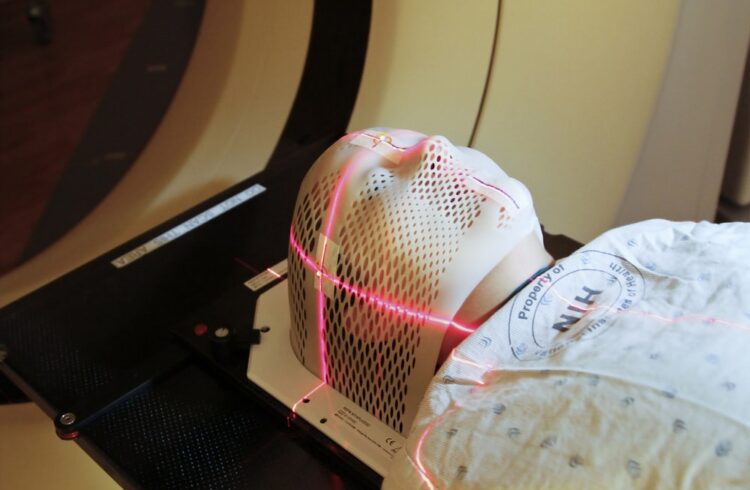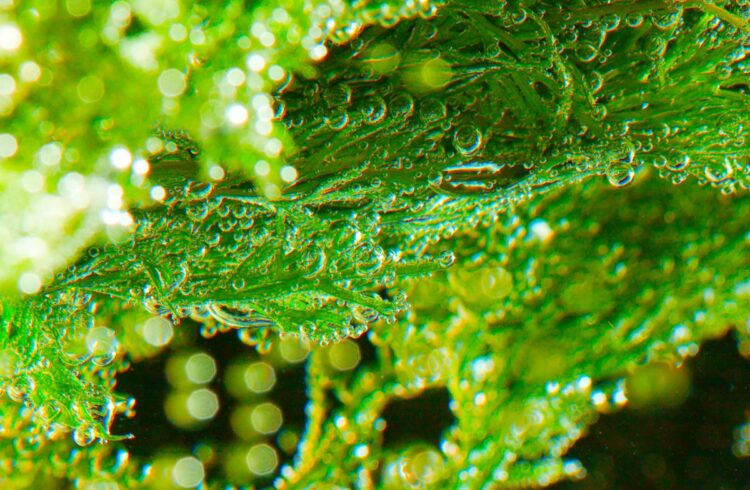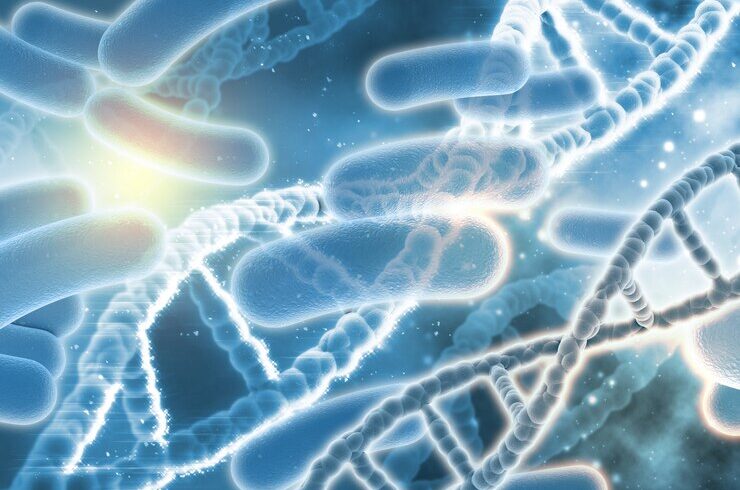Fucoidan, which is the primary constituent of wakame, has been suggested to possess numerous mechanisms that can combat cancer. These mechanisms include the ability to induce cell cycle arrest, promote apoptosis, inhibit angiogenesis, and activate the immune system. Despite evidence of fucoidan’s impact on different HCC cells in both controlled laboratory experiments and living organisms, […]
Author: Molly
Malignant glioma (MG) is a type of brain tumor that has a bleak outlook, as it is prone to recurrence even after comprehensive treatment, resulting in a 5-year survival rate of only around 20%. The search for safer and more effective treatments is urgently needed. In multiple studies, it has been proven that Fucoidan can […]
Cardiovascular disease (CVD), caused by endothelial dysfunction and subendothelial monocyte accumulation due to an imbalance in lipid metabolism, has led to an increasing number of deaths worldwide from CVD over the past decade, according to reports. CVD is already the leading cause of human death worldwide. Monocyte-derived macrophages are unable to effectively alleviate the inflammatory […]
The immunosuppression that is known to occur as a result of cancer chemotherapy application is widely considered to be a harmful side effect. This side effect not only poses a risk of infection but also has the potential to significantly reduce the overall quality of life for patients undergoing this treatment. Hence, in this blog, […]
Chemotherapy, which is considered one of the fundamental treatments for cancer, unfortunately, does not yield effective results when used as a standalone treatment. Hence, in this blog, I aim to examine the potential of fucoidan in boosting the efficacy of chemotherapy and its potential in mitigating the growth of cancer cells. I would like to […]
Seaweed polysaccharides have garnered considerable attention as a rich and valuable resource that has been extensively researched. Their potential applications in biology, biomedicine, and functional food have been thoroughly investigated, leading to significant advancements in these fields. Their utilization as drug delivery systems has shown great promise, further contributing to the progress being made in […]
The incidence of type I hypersensitivity has been on the rise in recent years, showing a consistent upward trend. The allergies that we are most familiar with, such as hay fever, allergic dermatitis, hives, and bronchial asthma, are classified as Type I allergies. Hence in this blog, I would like to inform of you the […]
Endothelial cells, found as a single layer lining the luminal surface of blood vessels, play crucial roles in maintaining vascular tone, preventing the formation of intravascular thrombus, and safeguarding against the onset of arteriosclerosis. When endothelial cells are exposed to strong contractile substances, they produce and release factors that exhibit strong vasodilatory effects (NO, prostacyclin, […]
The development of multiple metabolic diseases is heavily influenced by insulin resistance (IR), which not only contributes to increased morbidity and mortality but also results in significant healthcare expenses. In recent years, there has been a growing focus on deep ocean water (DSW) and fucoidan (FPS) due to their promising potential in the medical and […]
Seaweeds contain a multitude of components that have been found to have beneficial effects on the mammalian gut microbiota. These effects include an increase in bacterial diversity and abundance. According to recent studies, diseases like inflammatory bowel disease, immunodeficiency, hypertension, type 2 diabetes, obesity, and cancer are often linked to imbalances in gut bacteria. The […]






